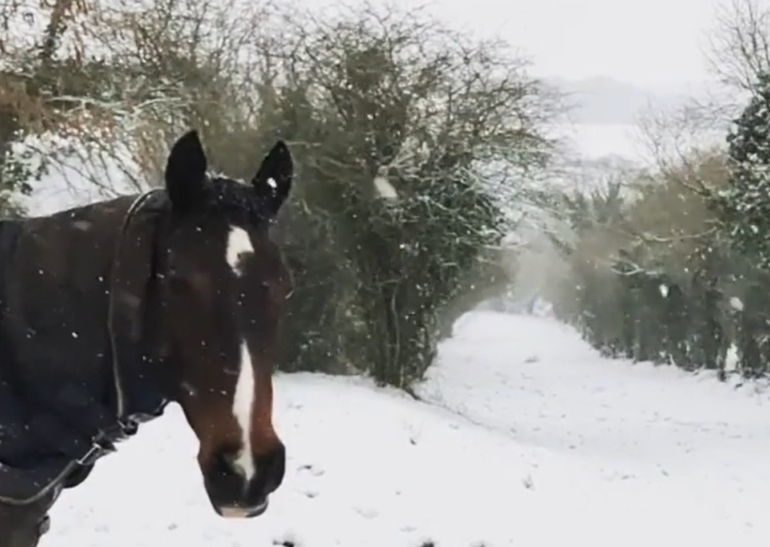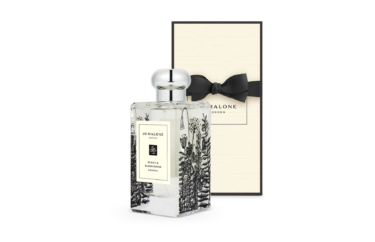5 Ways to Care for Your Horse During Winter
Winter can be a challenging time for both horses and owners, with colder temperatures meaning our four-legged friends require additional time, thought and attention. From riding to the stable, all areas of horse care need to be more carefully considered.

In addition to providing shelter, here are some essential tips to consider.
- Avoid Brushing and Bathing
Horses have evolved to retain heat, resulting in a fatty layer of tissue under the skin and the production of natural oils that sit on their coats. As such, interrupting your horse’s coat and skin could remove these oils, which in turn, could reduce temperature. Therefore, to preserve this natural barrier, it is a good idea to avoid brushing and bathing during the winter.
- Warmth and Protection
While good at maintaining their body temperature, horses can become particularly susceptible to cold when wet. This is because their hair provides additional insulation by sitting at an angle that allows them to trap air, a mechanism that is interrupted when wet, resulting in rapid heat loss. To avoid this, invest in a quality winter rug or jacket.
- Increasing Availability of Hay
During cold weather, grass and natural pastures can suffer, reducing the nutrition your horse can gain from grazing. Getting enough nutrients is crucial to keep your horse healthy throughout the winter, as the cooler months can increase energy usage. Make sure to accommodate for this by adding more hay to their feed. This will provide additional calories and nutrition, ensuring they are able to maintain their body temperature and weight.
- Lots of Water
When grazing in the summer, pastures contain a large amount of water and help to keep your horse hydrated. In the winter, on the other hand, food is supplemented by hay. Although additional hay consumption boosts nutrition, this drier diet can take its toll, leading to dehydration and colic. To prevent this, ensure your horse has access to water.
- Look After Hooves
While it is always important to take good care of your horse’s hooves, in a winter, overgrown hooves can be dangerous. This is because it can reduce grip which could lead to serious injury. Therefore, keep your horse healthy and injury-free, make sure their feet are winter-ready by regularly clipping and checking their hooves.
While caring for your horse during the winter can cause you a lot of concern, all it requires is a little planning and regular checks. This will keep your horse healthy, hydrated and warm, even in cold, snowy weather.








